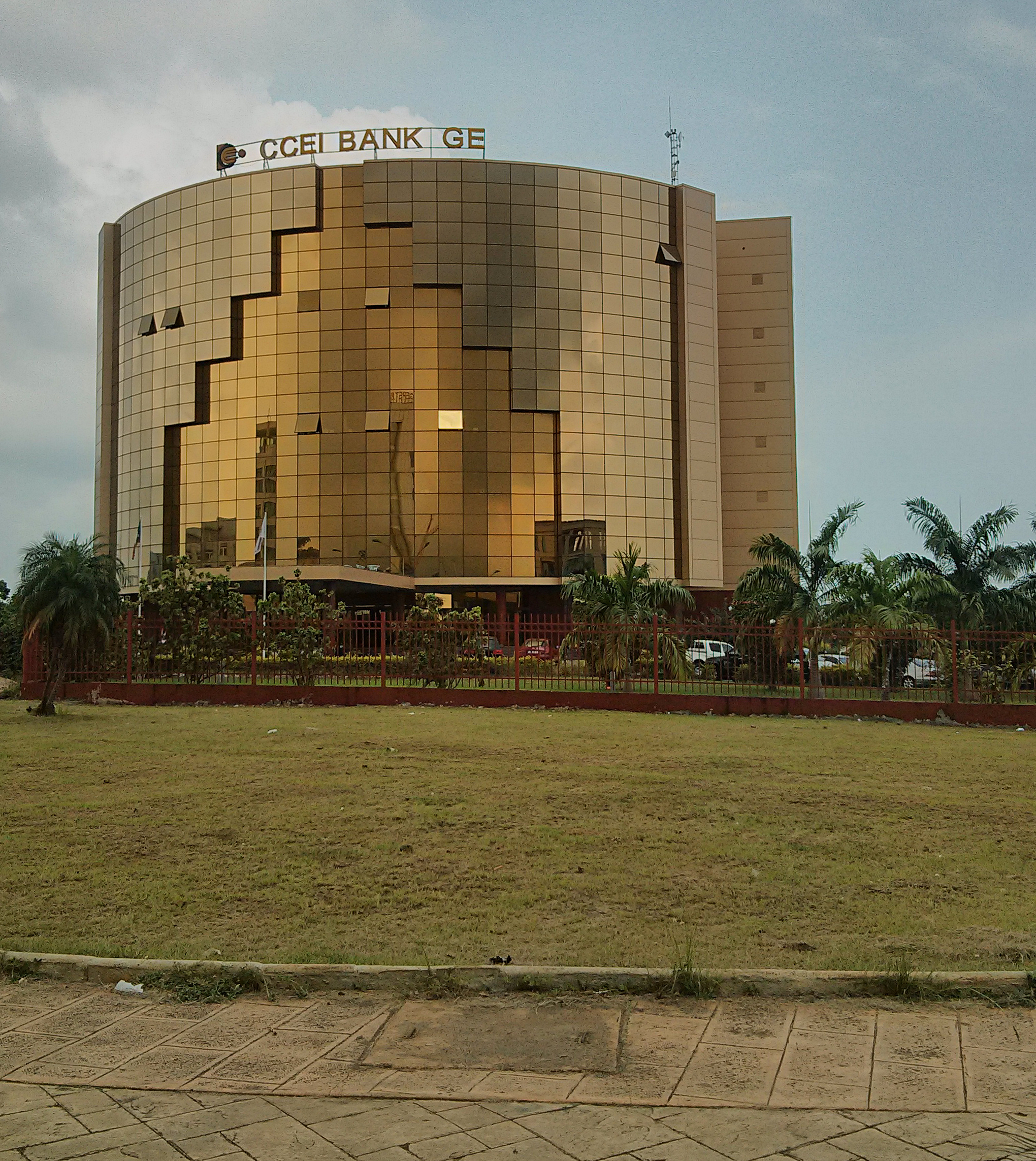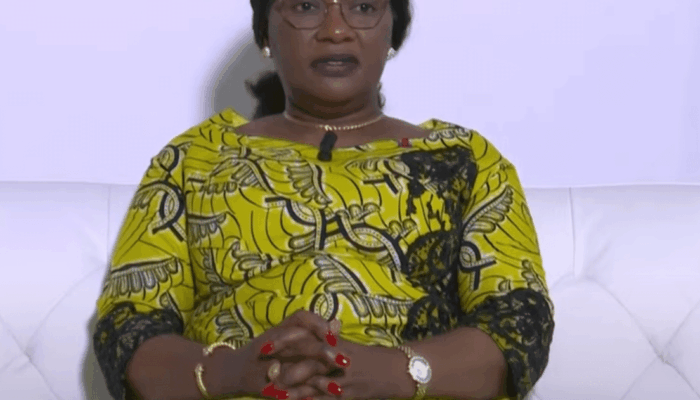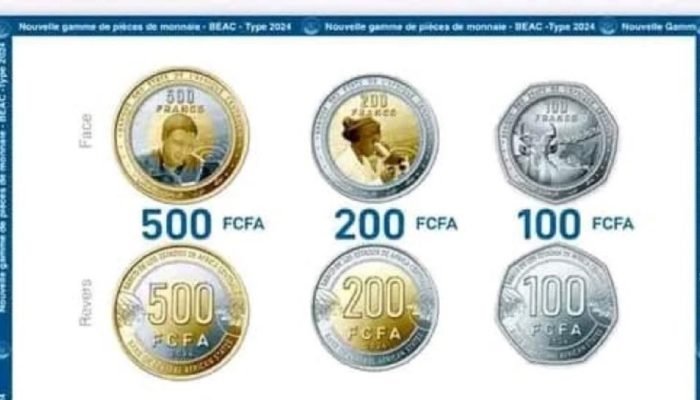The liquidity made available by the Central Bank does not attract the bankers of CEMAC, credited with about 2000 billion FCFA of free reserves, according to the IMF. But beyond this financial platform already available to CEMAC bankers, it is rather the slowdown in the economy as a whole, which seems to explain the lack of appetite of bankers for the liquidity of the Central Bank.
“The bank will refinance itself on the money market when it needs liquidity. At the moment, we don’t have one, since everyone is plunged into a kind of wait-and-see attitude. In companies, it is still time to observe the consequences of the Coronavirus pandemic. Credit requests do not flow from companies. What we are doing most right now is restructuring the loans already taken out by companies, which are or will soon be due. This restructuring aims not to put pressure on them for reimbursements, given the current health crisis, ” a banker explains.

He adds that in the event of a loan request by a company, in particular for imports of raw materials or other goods, the banks are even more cautious than in the past, given the context. “Some colleagues have also suspended the processing of credit applications, mainly those from private companies which are more exposed to the current health crisis,” we learnt.
This reality seems even more prevalent in microfinance institutions. According to our sources, in these structures, in addition to the suspension of the processing of credit requests from companies and individuals operating mainly in the private sector, previously validated credits were then canceled. They were therefore no longer disbursed, much to the dismay of the beneficiaries.
On April 21, 2020, the Bank of Central African States (Beac), the issuing institute of the six Cemac countries (Cameroon, Gabon, Congo, CAR, Chad and Equatorial Guinea), once again made an offer of liquidity in the amount of 250 billion FCFA to banks operating in this community space. According to the results of this operation, bids from credit institutions peaked at only CFAF 58.6 billion, which represents just over 20% of the amount offered.
On March 31 and April 7, BEAC had already offered each transaction CFAF 250 billion to the banking system for similar results. Bank submissions were, in fact, 32.7 billion FCFA (13%) and 57.3 billion FCFA (23%) respectively.
This lack of interest from banks in the face of the liquidity made available by BEAC is the irony of the call to facilitate access to refinancing launched by Cameroonian bankers, in the aftermath of the outbreak of the Coronavirus crisis in the country, early March 2020.
“BEAC should temporarily abandon the decision to reduce liquidity in the banking system, which was taken by the Money Market Committee during the February 2020 session, and rather consider facilitating banks’ access to the money market by the drop in its interest rates and the increase in the refinancing ceilings in the event of liquidity pressure, “suggested the Association of Professionals of Credit Institutions of Cameroon (APECCAM), in a press release made public on March 20, 2020 .
BEAC after leaving its Monetary Policy Committee held by videoconference a week later, lowered two of its key rates. At the same time, the Central Bank suspended its decision to puncture banks’ saVes, and instead announced the resumption of liquidity injections, to allow banks to have leeway to finance savings. In addition, BEAC has shown its good will to be revised upwards, up to FCFA 500 billion per week, if necessary, the volume of liquidity to be injected into the banking circuit of CEMAC.






